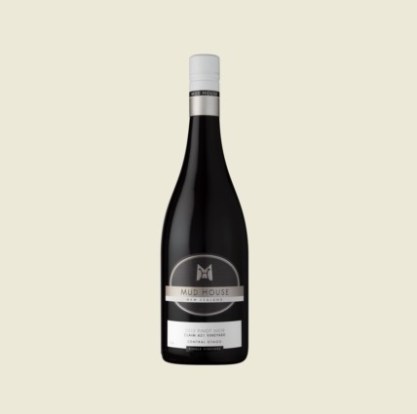Sue James, Chairperson of Distilled Spirits Aotearoa, shares tips on getting it right the first time in the latest issue of The Shout NZ.
For New Zealand distillers and our industry there is nothing more precious than our reputation.

Slowly built up via friends, family, fan base, via shows and events and finally to bar and liquor shop shelves and export – it is the key to a brand’s success.
As part of this, it is our privilege to be able to leverage New Zealand’s clean green image and hard-earned reputation for integrity and ethical business practices.
Customers, consumers and regulators in New Zealand and other countries will expect that when we say we will deliver, we do.
Therefore, with a fragile, evolving brand at stake it is important that new entries into the market do their homework before a brand is launched.
Definitions and guidelines
At the beginning of this year, Distilled Spirits Aotearoa adopted a formal definition for New Zealand whisky.
Partly this was to ensure imported spirits cannot be sold in New Zealand as New Zealand products, but it is also a guideline of quality for New Zealand distillers coming into the market.
By default, all DSA members producing whisky will now adhere to this definition, but we will be working to bring this into New Zealand legislation in future.
We have also now created broad outlines for other spirits categories and this year we will work through a similar consultation process to produce and adopt New Zealand spirit definitions.
For the full New Zealand Whisky Guidelines and Definitions, click here and for other spirit definitions, click here.
Advertising Standards Code
Distillers have a responsibility about clarity of messaging, which extends to both packaging and advertising.
The alcoholic drinks industry adheres to the ASA Advertising Standards Code for responsible content, placement, age limit and moderation message, including communication on social media.
There is nothing more devastating than launching a brand and then finding out it has breached a code, made false claims or offended a segment of the target market.
Blaming external agencies looking after the design or promotional work is no excuse.
For information on the ASA Advertising Standards code, click here.
Sustainability
Sustainability claims need to be rock-solid.
There will be far more increasing scrutiny in future about climate impact.
Customers genuinely wish to do the right thing and they have the tools to investigate a product’s origins down to the last detail.
If our products are trying to tell a story about being local and sustainable, the distiller needs to know the origin of ingredients, and audit the entire supply chain.
Our suppliers should expect to be challenged on their own ethical workplaces and sustainable practices.
Cultural sensitivity
All New Zealand businesses also need to show cultural sensitivity regarding place names or geographical indicators, language or imagery.
There is no point using a geographical indicator name that will soon contravene our Free Trade Agreements – for example Grappa and Ouzo may soon be going the way of Champagne and Feta – these are not names we can use for New Zealand products.
We need to be culturally sensitive – understand and respect different cultures when we are developing a brand.
Māori taonga or Te Reo, Pasifika, Chinese, another culture’s identity… brand owners need to do due diligence and get appropriate approvals.
Interdisciplinary Māori academic and activist Karaitiana Taiuru has written ‘Māori Culture Guidelines for Brand Owners and Marketing’ which can be found here.
Did you know?
There are 6 ways you can catch up with The Shout NZ?
Our print magazine – July issue out now! Subscribe here.
Online, updated daily with its own completely unique content and breaking news.
Our weekly newsletter – free to your inbox! Subscribe here.
Our digital magazines – the latest issues are online now.
We are also on Facebook and Instagram!




